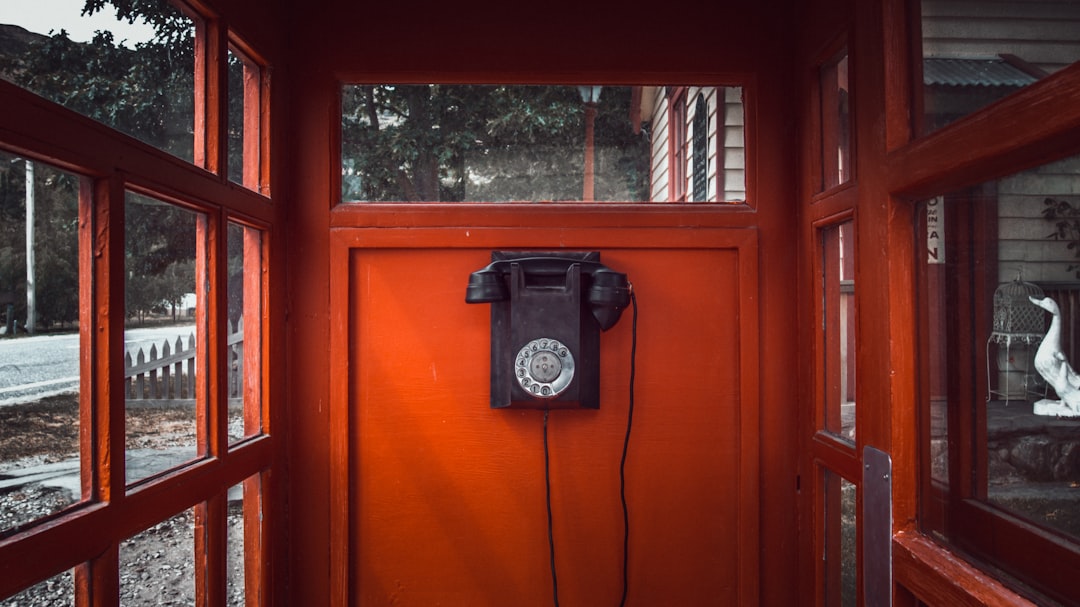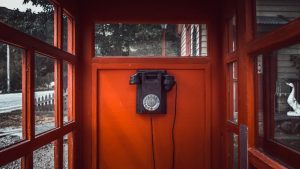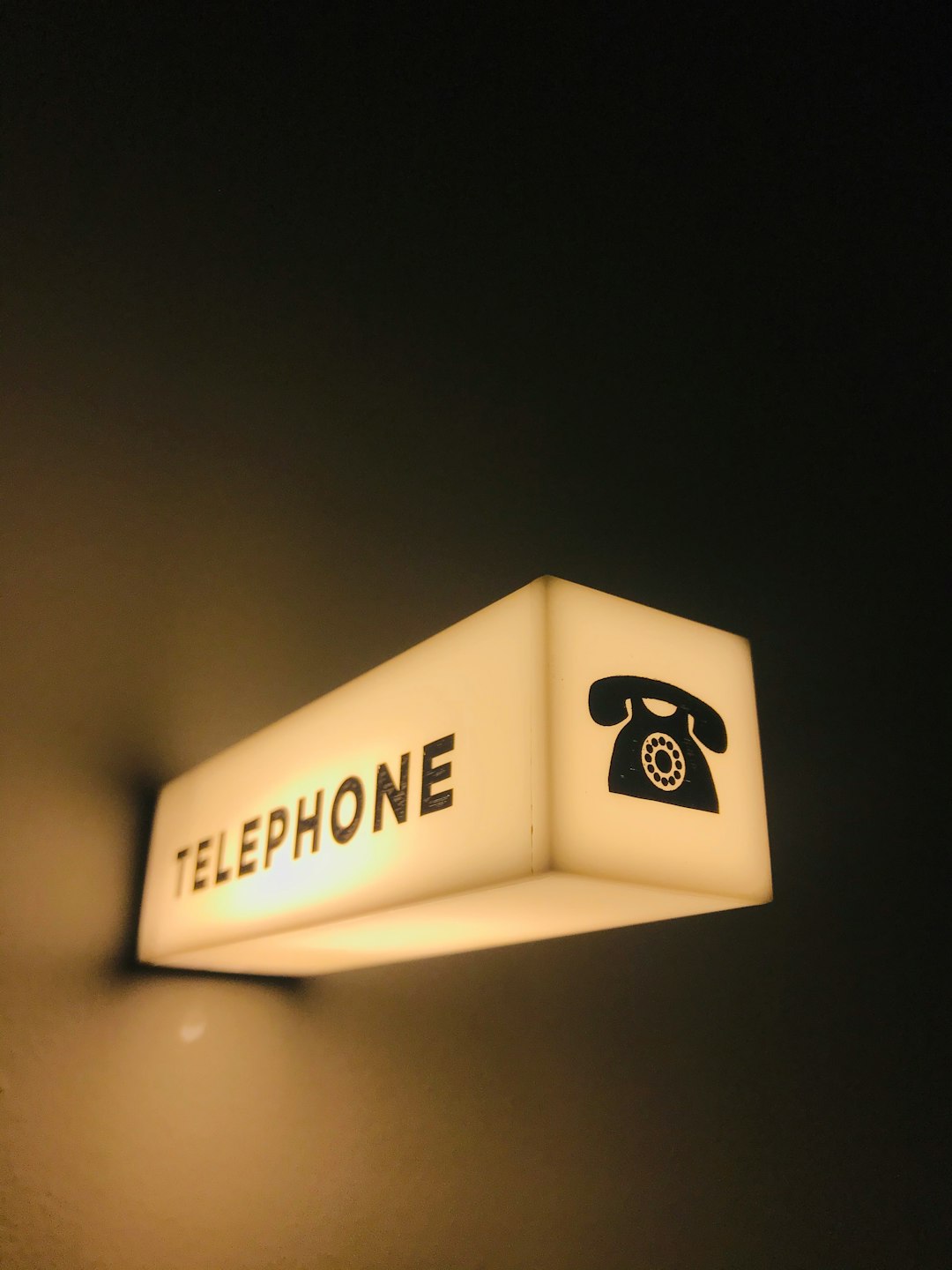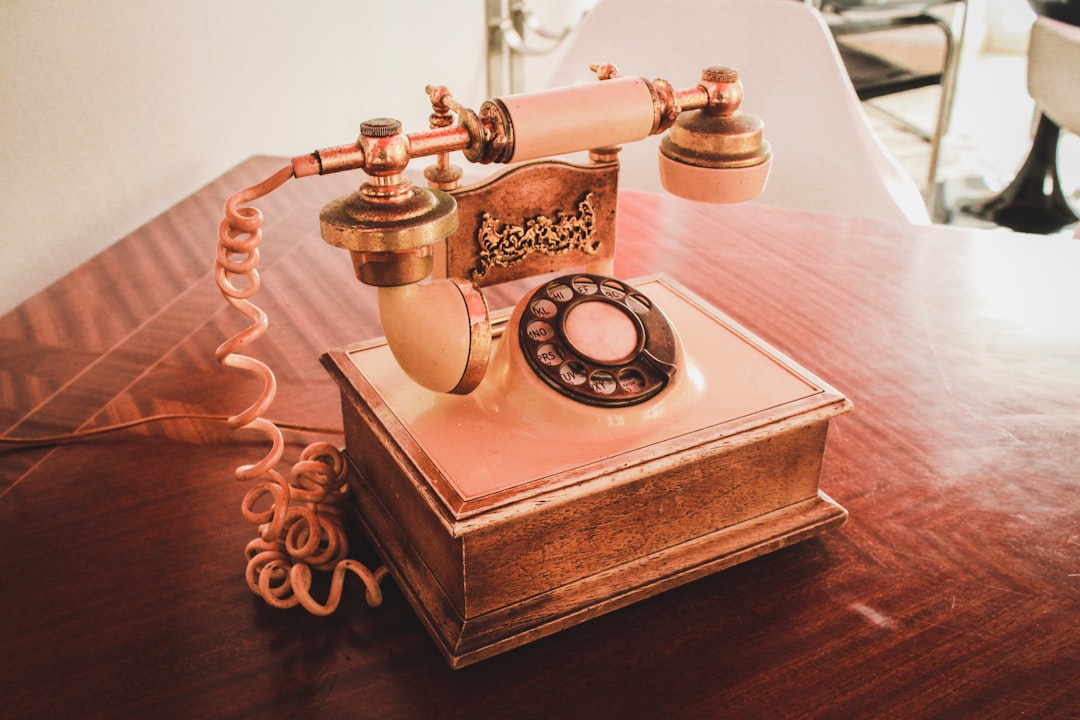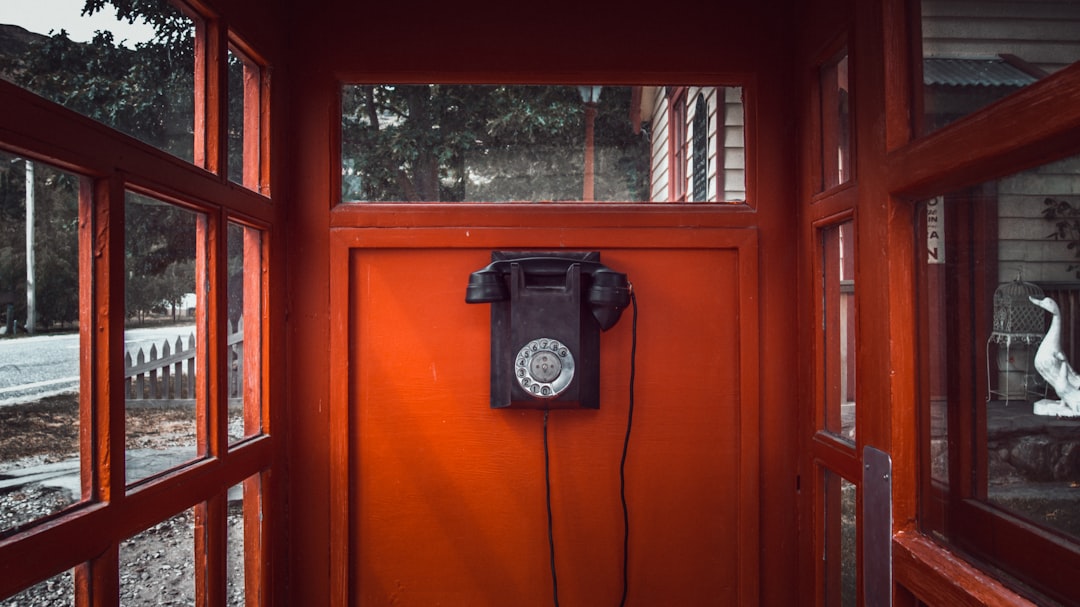The Caroline County Fair warns attendees about an increase in scam calls claiming prize wins, advising against sharing personal info with unknown callers. The fair urges visitors to hang up and report suspicious calls, emphasizing that legitimate organizations won't demand immediate payment or sensitive data via unexpected means. Maryland's strict do-not-call laws protect residents from nuisance calls, with severe legal consequences for violators. If targeted by a prize scam, document interactions, save evidence, and report it; avoid contacting lawyers or law firms directly, as these are common tactics used by fraudsters.
Denton’s Caroline County Fair is a beloved annual event, but authorities are warning attendees about a rising threat: prize scam calls. As the fair season peaks, so do fraudulent contest scams targeting unsuspecting individuals. With a focus on consumer protection, this article explores the prevalence of Do Not Call laws in Maryland and provides essential tips to safeguard against these schemes. If you’ve been targeted by a prize scam, connecting with a reputable Do Not Call Lawyer or Do Not Call Attorney in Maryland can offer legal recourse.
Caroline County Fair Authorities Issue Warning About Prize Scam Calls
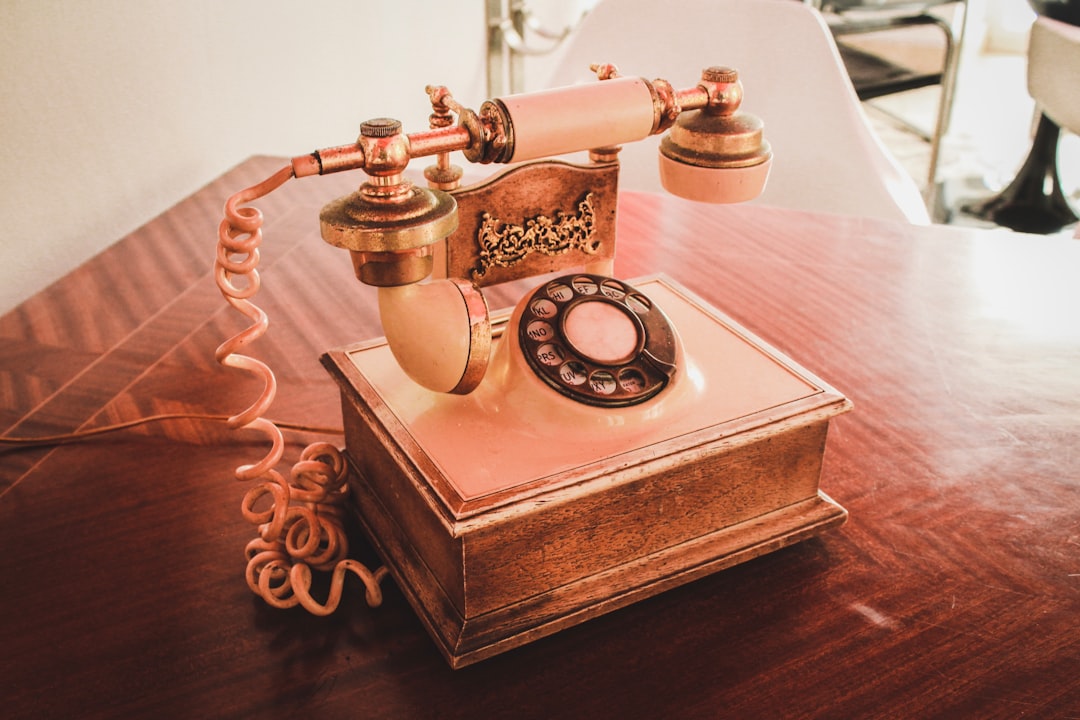
The Caroline County Fair has issued a warning to attendees regarding a recent surge in scam calls related to prizes. Organizers are urging visitors not to engage with any phone calls or messages claiming they have won a prize and must provide personal information to claim it. These so-called “prize scams” are a common tactic used by fraudsters, often targeting event attendees and people who may be excited about potential rewards.
Attendees are advised not to call any lawyer, attorney, or law firm in Maryland claiming to represent the fair or offer legal services. The fair’s official stance is that they do not solicit or facilitate such calls. Anyone receiving suspicious calls should hang up immediately and report it to the Caroline County Fair’s security team for further action. By spreading awareness, the fair aims to protect its visitors from falling victim to these deceptive practices.
The Prevalence of Do Not Call Laws in Maryland

In Maryland, the prevalence of do-not-call laws is a testament to the state’s commitment to protecting citizens from unwanted and harassing phone calls. These laws are designed to give residents control over their personal communication and ensure that their privacy is respected. Both federal and state regulations, such as the Telephone Consumer Protection Act (TCPA) and Maryland’s own do-not-call list, offer legal recourse against telemarketers and robocalls.
Many Marylanders have availed themselves of these protections by registering with the state’s do-not-call list. However, despite these measures, some attendees at events like Denton’s Caroline County Fair may still encounter scam calls. A do-not-call lawyer or attorney in Maryland can offer guidance on how to navigate such situations and protect oneself from fraudulent activities, ensuring that fairgoers can enjoy the event without the worry of falling victim to scams.
How to Protect Yourself from Fraudulent Contest Scams

To protect yourself from fraudulent contest scams, it’s crucial to remain vigilant and exercise caution when receiving unexpected calls or messages claiming you’ve won a prize. Never provide personal or financial information over the phone unless you initiated the call and are certain of the party’s legitimacy. Remember, reputable organizations will not demand immediate payment or ask for sensitive details through unconventional means.
If you suspect a call is a scam, hang up immediately and do not engage with the caller. Enlist the help of local authorities or consumer protection agencies to report the incident. Additionally, consider blocking the phone number and informing your contacts about the potential scam to prevent others from falling victim. Always verify the authenticity of contests or promotions through official channels, such as directly contacting the sponsoring organization or checking their verified websites, rather than responding to unsolicited calls, especially those urging you to act quickly.
Legal Implications for Making Unwanted Phone Calls in Maryland
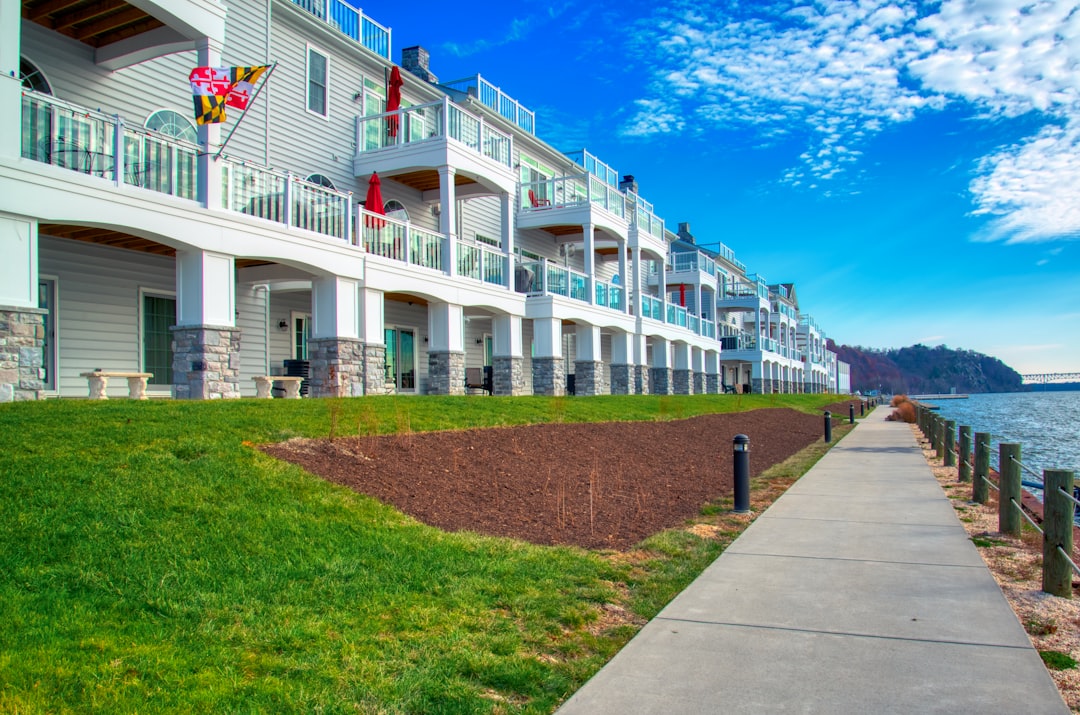
In Maryland, making unwanted phone calls, often referred to as “do not call” violations, carries significant legal implications. Such actions can lead to substantial fines and other penalties for both individuals and businesses engaging in these practices. The state has stringent laws protecting residents from nuisance calls, ensuring their peace of mind and privacy.
Attendees of events like the Denton’s Caroline County Fair should be aware that using automated or pre-recorded messages, or making repeated calls despite being asked to stop, is illegal. If you’re facing such a situation, it’s advisable to consult a do not call lawyer Maryland or an attorney specializing in do not call laws to understand your rights and available legal recourse. Protecting consumers from intrusive phone marketing is a priority for the state, and violators may face court orders, large monetary judgments, or even criminal charges.
Resources and Steps to Take If You've Been Targeted by a Prize Scam

If you’ve fallen victim to a prize scam and received threatening or fraudulent calls, it’s crucial to act swiftly to protect yourself. The first step is to do not call any lawyer or attorney in Maryland – this includes law firms as well. Engaging with scammers by calling back can escalate the situation. Instead, document every interaction, including dates, times, and a detailed description of the conversation. Save any voicemails or texts as evidence.
Next, contact your local law enforcement agency to report the scam attempt. In Maryland, you can also reach out to consumer protection agencies for guidance. They may provide resources on how to handle such situations and even offer assistance in resolving the issue. Remember, do not call any lawyer or attorney directly; instead, let the relevant authorities and specialized organizations handle the matter.
